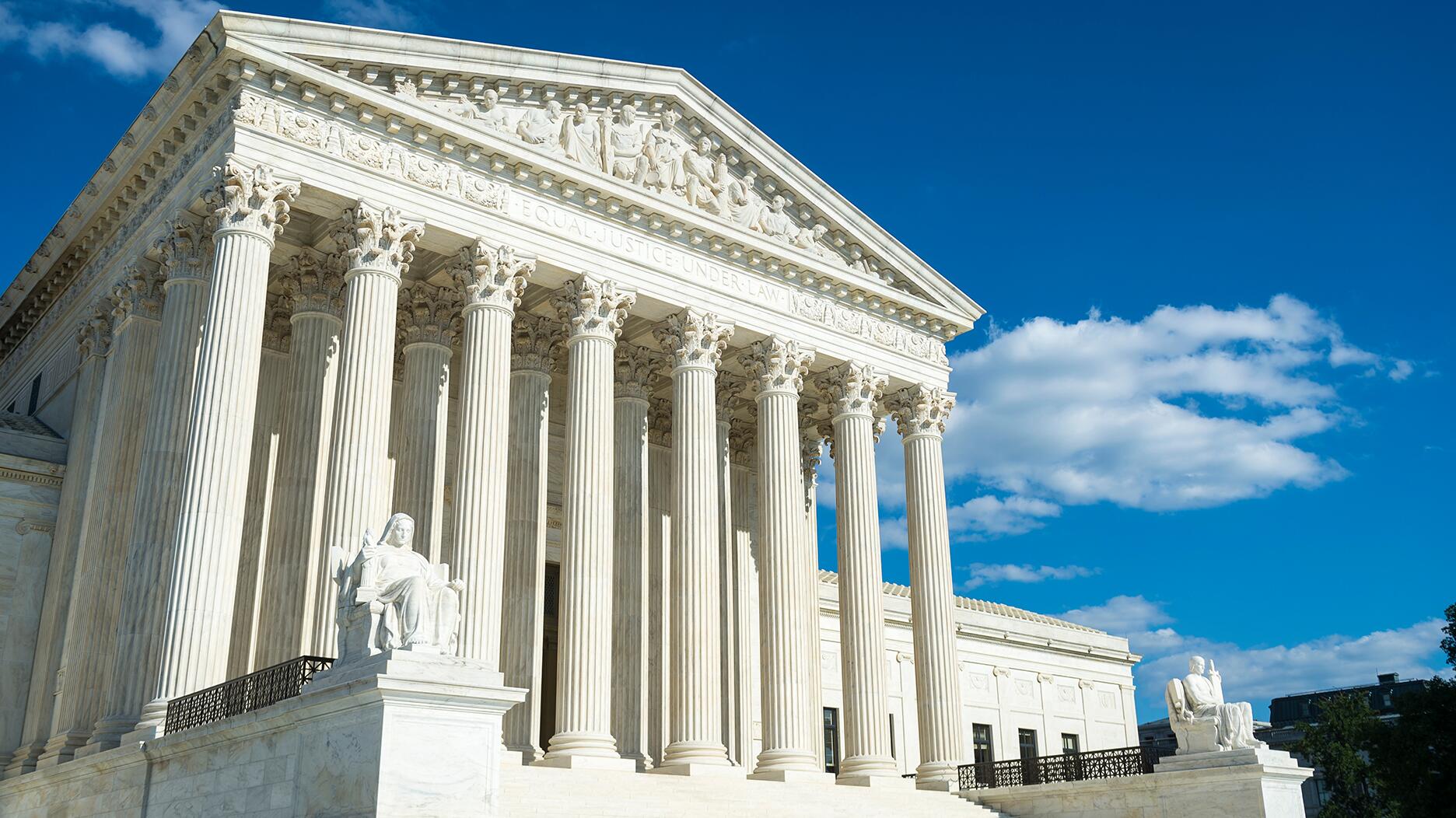Chicago police and members of the U.S. Marshals Service tracked down the 35-year-old suspect earlier this week in St. Louis.
Tiffany Got Political; Should You?
Tiffany & Co. spoke out for action against climate change this week, sparking debate both about its stance and the question: Is it bad for business to get political?

New York--Tiffany & Co. spoke out for action against climate change this week, sparking debate both about its stance and the question: Is it bad for business to get political?
The New York-based retailer had an advertisement in Tuesday’s New York Times asking President Donald J. Trump to keep the United States in the Paris Climate Agreement, the global pact to reduce greenhouse gas emissions from which the Trump administration is reportedly mulling a withdrawal.
The retailer also shared the message on Twitter, Facebook and Instagram on Tuesday morning, using black lettering against a backdrop in its signature robin’s egg blue.
As of Wednesday afternoon, the post on Facebook had more than 19,000 reactions, more than 2,000 shares and nearly 600 comments, many of which did not take issue with Tiffany’s stance but with a company that sells jewelry wading into politics.
As one user wrote: “Any responsible CEO who takes into consideration the value of their stock and a responsibility to their stockholders should never express, nor allow anyone to express, in the name of the company any sort of political opinion ever. This is not a statement of disagreement, it’s just a statement of fact. Keep business and politics separate.”
So, did Tiffany make a mistake in addressing the president and taking a position on climate change?
And is the separation of business and politics advice that all businesses, including independent jewelers, should take?
“I don’t think it’s smart for anyone to get political these days. I would not do it.” --Andrea Hansen, Luxe IntelligenceAndrea Hansen, president of Luxe Intelligence, which works on branding and business development with companies in jewelry, said while Tiffany endured some backlash for its ad, there was little risk in the company’s decision.
Environmental protection is an issue about which the retailer already has been vocal.
Tiffany was one of the most outspoken opponents of the proposed Pebble Mine in Alaska because of its potential impact on the surrounding ecosystem. The jeweler took out an ad in the Times addressing that issue and even sponsored a screening of the documentary about the project, “Red Gold,” in New York back in 2008.
Also, Hansen said, Tiffany is likely to find widespread support for its stance on climate change outside the United States.
“I think they are in a very safe place,” she said. “That they picked this one issue to be political, I feel
But that doesn’t mean that getting political is a good move for other players in the jewelry industry.
“I don’t think it’s smart for anyone to get political these days. I would not do it,” Hansen said, adding that by “anyone” she means brands, jewelry designers and, especially, retailers.
“The country is 50/50, basically, and it’s not smart to take the risk of losing clients when business is already so difficult.”
Bill Gullan, president of Philadelphia-based branding agency Finch Brands, agrees with Hansen on both points--that Tiffany was not taking a big risk with its climate change ad and that retailers, particularly small, independently-owned jewelry stores, should generally avoid injecting politics into their business.
“It’s like [talking about] politics and religion and sex at the dinner table. You really need some restraint here, I think,” he said.
But what if the business owner feels compelled to speak out on an issue because they believe it’s more about speaking up for what’s right than it is about politics?
There were commenters on the Tiffany Facebook post who noted as much about the company’s climate change ad, with one person writing: “Good on you (Tiffany) for taking a stance and expressing it … I don’t think people actually understand that speaking up for climate action is important and it is beyond a mere political stand. It affects everyone. It’s about the future of our home.”
Gullan said he gives his clients two pieces of advice about taking a political stance.
Number one, they should ask themselves: Does the position you’re considering taking map very closely with the values and belief system of your customer base?
Hansen gave this same advice to National Jeweler on Wednesday, reiterating what she said when commenting on Spicer-Greene’s conversation-starting billboard back in March--know your audience.
Gullan said the number two question to ask is: Do you, the brand, have credibility to speak on the issue?
He draws on two commercials that aired during this year’s Super Bowl to illustrate the concept of credibility.
Airbnb aired an ad that was a montage of people of different races, religions, genders and ages that sent a message of acceptance and tolerance. Gullan said as a company that promotes global travel and its clients immersing themselves in different cultures, this was a fine message for Airbnb to send.
Audi’s commercial, meanwhile, expressed its support for equal pay for equal work and was roundly criticized. It’s a message that seemingly came out of nowhere for the car company, a company, Gullan pointed out, that does not have a single woman on its board.
“Go for it, speak your truth, do you, but understand there are risks in terms of how your customers feel and react,” he said.
“Brands needs to be careful. There’s a lot of raw nerves and live wires about this stuff.”
The Latest

Owners of the Ekapa Mine reportedly filed for liquidation about a week after a mudslide trapped five workers who have yet to be found.
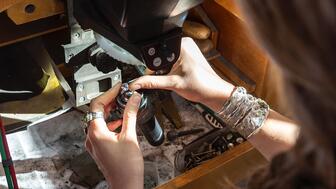
A 10-year alliance has also begun to address the shortage of bench jewelers through scholarships, enhanced programs, and updated equipment.

Every jeweler faces the same challenge: helping customers protect what they love. Here’s the solution designed for today’s jewelry business.
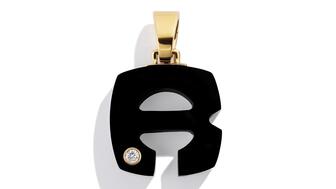
The “Splendente” collection has evolved to feature hardstone letter pendants, including our Piece of the Week, the onyx “R.”

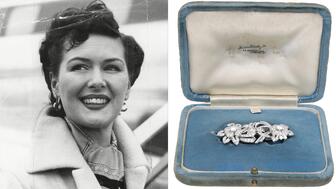
The jewelry collection belonged to “one of society's most glamorous and beautiful women of the mid-20th century,” said the auction house.

The update came as Anglo took its third write-down on the diamond miner and marketer, which lost more than $500 million in 2025.

With refreshed branding, a new website, updated courses, and a pathway for growth, DCA is dedicated to supporting retail staff development.
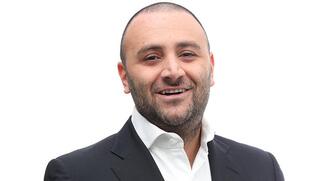
Emmanuel Raheb discusses the rise of “GEO” and the importance of having well-written, quality content on your website.
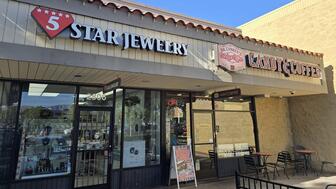
Each received around four years for burglarizing a jewelry store and a coffee shop in Simi Valley, California, last May.

Catherine Aulick, a GIA graduate, received the ninth and final Gianmaria Buccellati Foundation Award for Excellence in Jewelry Design.

We asked a jewelry historian, designer, bridal director, and wedding expert what’s trending in engagement rings. Here’s what they said.
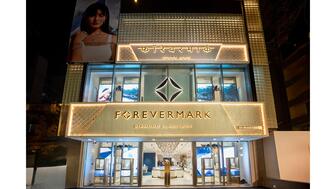
Experts from India weigh in the politics, policies, and market dynamics for diamantaires to monitor in 2026 and beyond.

Beth Gerstein discusses the vibe of the new store, what customers want when fine jewelry shopping today, and the details of “Date Night.”

Are arm bands poised to make a comeback? Has red-carpet jewelry become boring? Find out on the second episode of the “My Next Question” podcast.
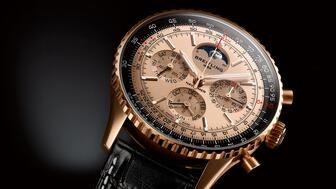
The Swiss watchmaker is battling declining sales amid a rapid retail expansion, according to a Financial Times report.
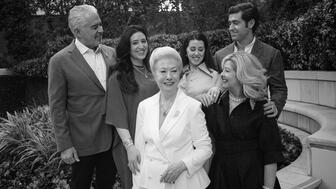
The campaign celebrates Giustina Pavanello Rahaminov, the co-founder’s wife and matriarch of the family-owned brand, for her 88th birthday.
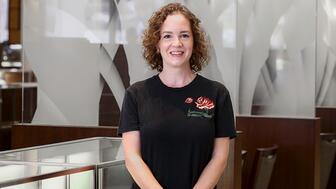
Rachel Bennett, a senior jeweler who has been with Borsheims since 2004, earned the award.

The industry veteran, who was with The Edge Retail Academy for 14 years, joins her husband at the company he founded in 2022.
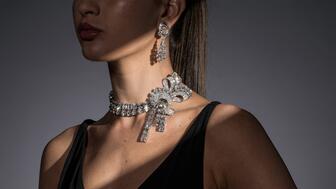
The vintage signed jewelry retailer chose Miami due to growing client demand in the city and the greater Latin American region.

Former Flight Club executive Jin Lee will bring his experience from the sneaker world to the pre-owned watch marketplace.
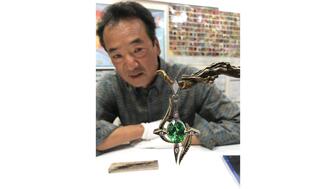
Sakamoto, who died in mid-January following a sudden illness, is remembered for his humility and his masterful, architectural designs.
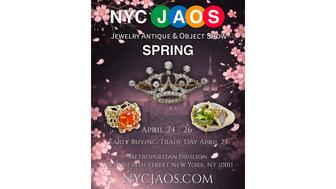
The April event will feature a new VIP shopping day requiring a special ticket.

Bulgari chose the British-Albanian singer-songwriter for her powerful and enduring voice in contemporary culture, the jeweler said.
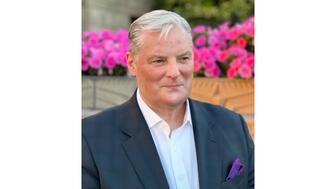
Smith encourages salespeople to ask customers questions that elicit the release of oxytocin, the brain’s “feel-good” chemical.
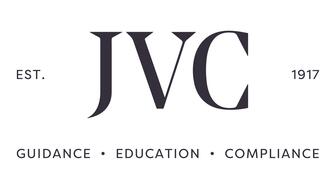
JVC also announced the election of five new board members.
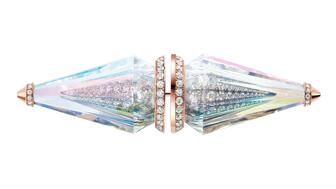
The brooch, our Piece of the Week, shows the chromatic spectrum through a holographic coating on rock crystal.














